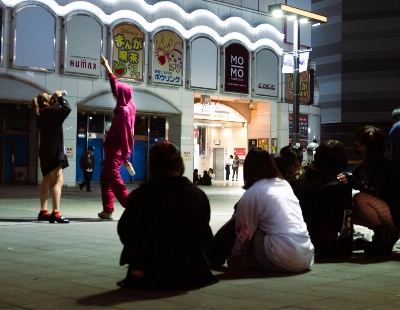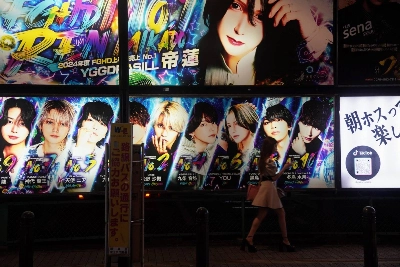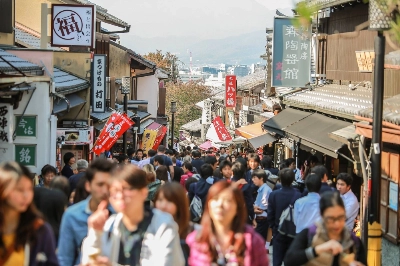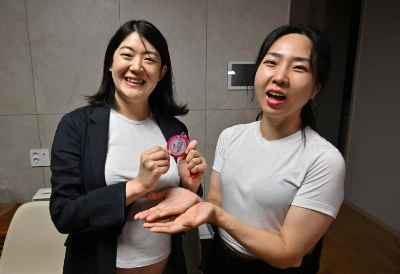Although Japan supported Western efforts to end the atrocities in Kosovo, the government wants the U.N. Security Council to authorize future actions, according to Yukio Satoh, Japan's ambassador to the United Nations.
"Whether a country can be allowed to bomb another for the cause of humanity is a big question — and I don't think this is accepted," Satoh said. "But within the narrow context of Kosovo, as far as Japan is concerned, we have expressed our understanding."
In a wide-ranging interview earlier this week, Satoh expressed concern that even well-intentioned unilateralism could go too far. He noted that Kosovo is an extraordinary situation and should not be used as a precedent for the future.


















With your current subscription plan you can comment on stories. However, before writing your first comment, please create a display name in the Profile section of your subscriber account page.